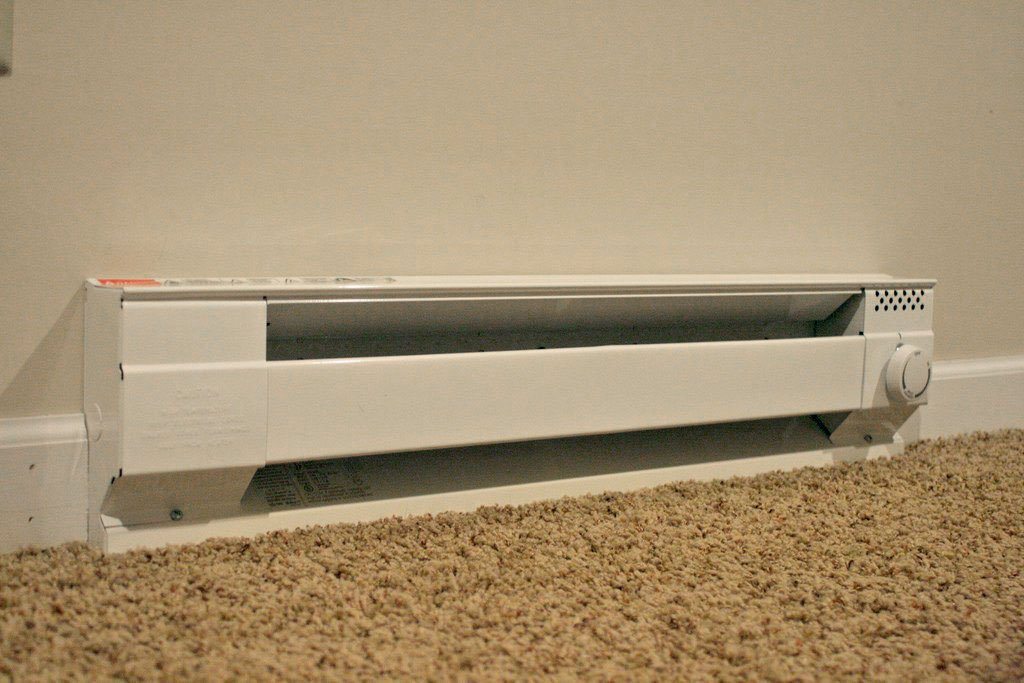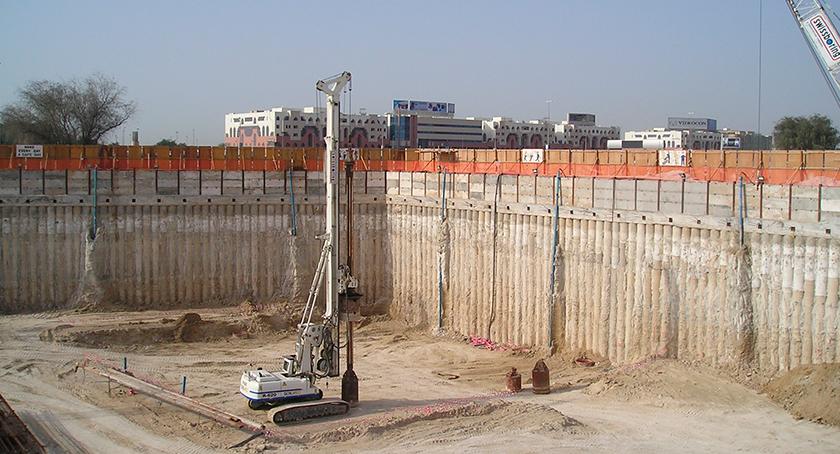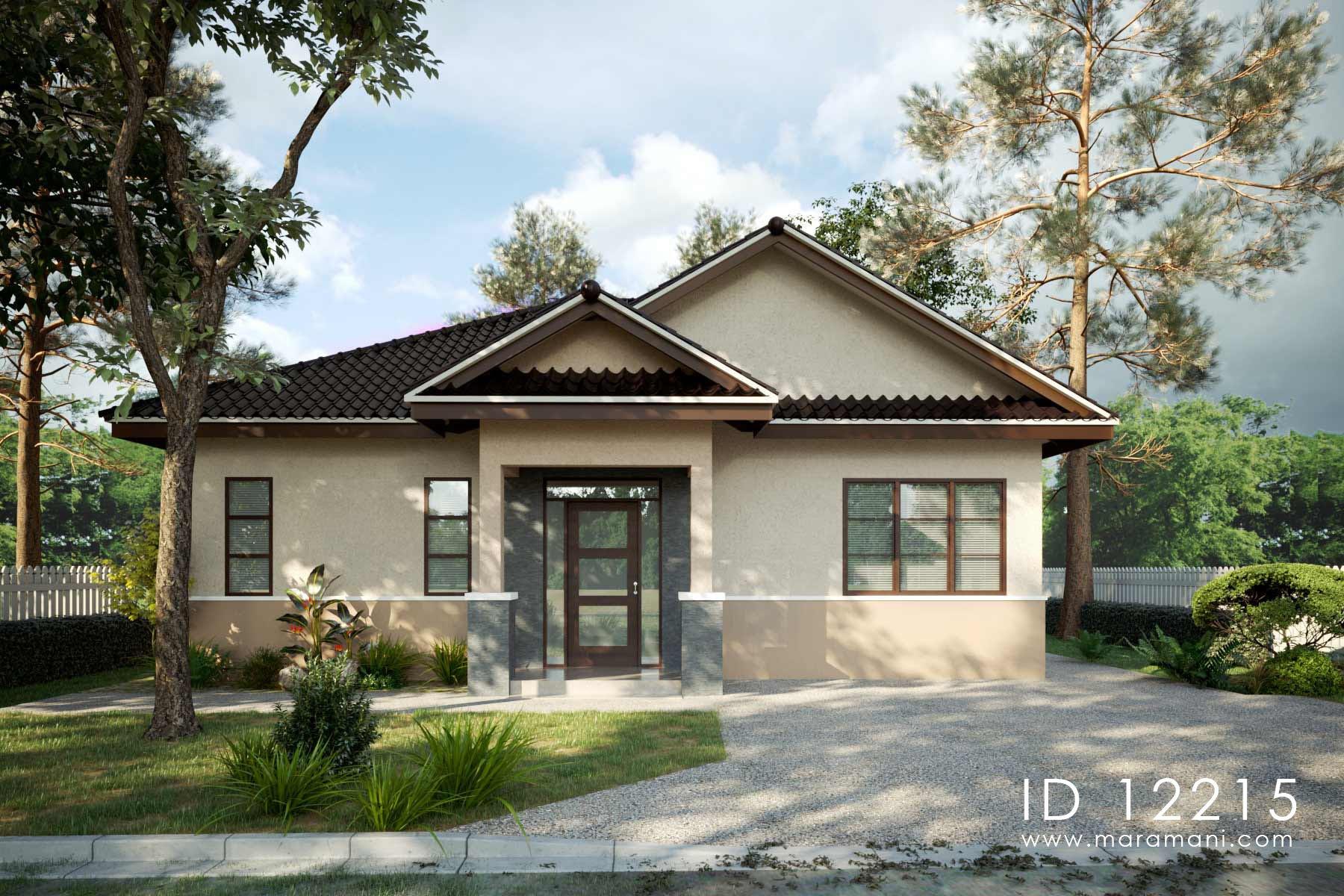
When it comes to home heating, having a good heating system during cold weather can be quite problematic for some people.
The baseboard heating is a type of heat that emanates from a heater's position, which is often installed along the bottom of walls and under the windows of a home. The heat rises from the floor to the ceiling and fills the entire room.
Even though there are different types of baseboard heating systems on the market– ranging from the hydronic baseboard heating (also known as hot water baseboard) to the gas baseboard heating– the electric baseboard heating is the most in-demand and popular baseboard heating system among them all.
This baseboard heating is also called “the electric resistance heating”. It is a type of zone heating that separately creates and controls the temperature in each room of the house. It requires no heating ducts, blowers, vents, boilers, or furnaces when it comes to heat distribution. This is because the baseboard unit in each room of the house has a heating element that produces heat and gradually releases it into the entire room.
With all that has been said about electric baseboard heating, it is pertinent to know its pros and cons if you intend to get one for your home. And in this article, we've compiled everything you need to know about the pros and cons of electric baseboard heating.
Pros of Electric Baseboard Heating
1. Ability to Zone Heating

Image credit: housetipster.com
This is one of the most important pros of an electric baseboard heating system. With this feature, family members don't have to argue or fight over room temperature, as everyone can regulate their heating temperature in their respective rooms without inconveniencing each other.
This feature also enables you to supply heat to where it is needed without wastage and heavy power consumption, thereby saving you some cash in electricity bills.
Hence, it provides a very flexible and comfortable experience for people to enjoy.
2. Noiselessness
Another cool advantage of the electric baseboard is that it is uniquely quiet. Unlike some heating systems like the furnace and hydronic heating that can be so loud and annoying, especially the old models, electric baseboard heating is noiseless.
Therefore, you are guaranteed to sleep soundly like a baby without any form of disturbance when your heater is on.
3. Minimal Maintenance
There are little or no moving parts to worry about when it comes to electric baseboard heating. This makes it very easy to maintain after installation. The wiring casting and exterior casting are the two major components that help to supply and distribute warmth; they only require proper maintenance from time to time.
Aside from those components, electric baseboards hardly break down. You don't need to worry about the expenses for maintaining the baseboard after installation. But this does not make it free from maintenance.
The habit of frequently cleaning the baseboard to prevent dust and debris will enable it to last for a full year and more without any problem.
4. Highly Durable
When it comes to durability, this baseboard reigns supreme. Just like the furnace, which can last for 20 to 30 years or more, the electric baseboard can equally last for several years when it is properly maintained.
5. It Can Easily be Repositioned

There are times when the installation of the baseboard might be positioned wrongly by the installer. You won’t have to worry about that because you can reposition it by yourself to fit your most preferred location.
Since it is very easy to install, you put the baseboard together with little or no electrical knowledge or skill. But if you have good DIY knowledge about electric baseboard installation, then it is an added advantage.
6. Easy Unit Addition
If you have an extra room that requires an additional baseboard, it is very easy and cheap to add an electric baseboard unit to the room. All it takes is for you to get an electrician to run new wiring and manage the increased load of electricity.
7. Nominal Electricity Cost in Warmer Climates
If you live in a place that hardly experiences cold weather throughout the year, electric baseboard heating can save you a lot of money and lower the operating cost of the baseboard. Since it will be used sparingly, it makes heating affordable and guarantees its utmost durability.
8. Highly Efficient

Image credit: epicelectric.ca
The electric baseboard heater is what you should consider when you’re looking for efficiency in a baseboard heating system. It is efficient; all the electricity it uses goes into the production of heat for your home. And the efficiency rate is most effective in smaller rooms compared to the bigger ones.
9. Even Distribution of Heat
This is also one of the important advantages that make the electric baseboard heating very exceptional from its counterparts. With this device, you are assured of an even distribution of heat to every part of the room. It delivers the required zonal warmth at the appropriate places and gives you the best comfort and satisfaction. Hence, say goodbye to shivers and cold feet.
10. Absence of Ductwork
Electric baseboard heating is economical and the most convenient heating system to opt for. This is because it doesn't need ducting or ductwork (like the gas and hydronic) to help in the distribution of heat from one room to another.
Cons of Electric Baseboard Heating
1. It can be Quite Costly to Run
When it is the only heating system you use in your home, it is not uncommon for electricity bills to increase sporadically every month, particularly the periods when the weather is very cold.
Even though the cost of installing the electric baseboard heater is relatively cheap compared with the furnace option, the expenses of paying electricity bills and maintaining the heater could eventually add to how expensive it can be.
2. No Furniture can be placed in front of the Electric Baseboard Heating

Image credit: thatsnerdalicious.com
This is an important downside you should consider. Any furniture or home decor that is positioned in front of an electric baseboard heater can get damaged due to the presence of the high temperature in front of the element.
A piece of furniture made of wood or upholstery stands a higher risk of going ablaze when placed ahead of the heater.
If there is the need for you to place furniture in front of the electric heater, then you must adequately make sure that you restrain or cut the airflow that the heater can use to heat the room.
3. It Requires Frequent Cleaning
To keep up with the efficiency level of your electric heater, you must ensure that you clean it regularly from every debris and dust that might have accumulated on the fins of the heater. This has to be done to prevent the blockage or limitation of airflow from the heater.
This way, your system won't have to work harder to maintain the required heating temperature. It will equally save you money for repair and high electricity bills when frequently maintained.
4. Less Circulation for Hallways
When some parts of the house like hallways or staircases don’t have their baseboard heating, they tend to be cooler spots in the house. Heat only circulates within the rooms that have the device installed.
5. Limited Heating with Low-hanging Curtains
A baseboard heater located beneath the window might not heat well if the window's curtains obstruct the heated air. Curtains that are stretched over the top of the heater or few inches from the top of the baseboard might greatly prevent or limit heating.
6. It Requires Correct Placement to Successfully Heat the Room

Image credit: tomstek.com
The registers of an electric baseboard heating must be kept away from insulative items, doors, or windows to enable them to respond consistently to the temperature in your room. And the most appropriate place for most baseboard systems to successfully heat is when they are placed along walls.
7. It Can be Very Hazardous
When the device is on, it can get very hot – alongside the heater cover. This poses a great danger to houses with kids or toddlers who are fond of playing around the house and dipping their fingers in unwanted places.
The fact that items are not meant to be placed in front of the electric baseboard heater makes it hazardous for children. The only safety precaution is to closely monitor the children at all times to ensure their safety during heating.
The dryness the baseboard is prone to causing, due to the dry heat it produces, is another risk that is associated with the heating system. This dryness is likely to cause dry skin, dry eyes, dry throat, and bloody noses.
When this occurs, humidifiers are often used to mitigate the dryness, even though they equally lead to an additional increment in electricity bills and system maintenance.
Conclusion
If you have just bought a home or looking to renovate your old home with the best heating system, we believe that you’d find this article handy. You can go for the electric baseboard heater as long as you have no problem with paying electricity bills. They have a lot of advantages.






Leave a comment
This site is protected by hCaptcha and the hCaptcha Privacy Policy and Terms of Service apply.